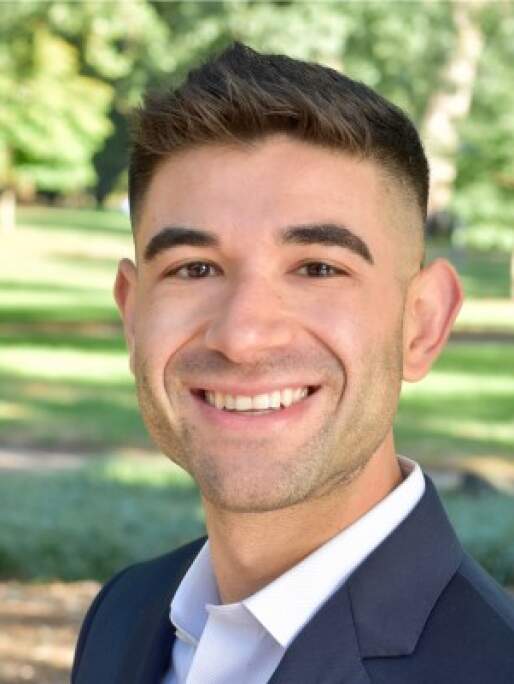

Dunnick JK, Pandiri A, Merrick BA, Kissling G, Funny H, Multi E, Waidyanatha S, Sills R, Hong HL, Ton TV, Maynor T, Recio L, Phillips SL, Devote MJ, Brix A.Uterine carcinomas in tetrabromobisphenol a-exposed wistar han rats harbor increased tp53 mutations and mimic high-grade type I endometrial carcinomas in women. Harvey JB, Osborne TS, Hong HH, Bhusari S, Ton TV, Pandiri AR, Masinde T, Dunnick J, Peddada S, Elmore S, Hoenerhoff MJ.Comparative toxicity and liver transcriptomics of legacy and emerging brominated flame retardants following 5-day exposure in the rat. Shockley KR, Cora MC, Malarkey DE, Jackson-Humbles D, Vallant M, Collins BJ, Mutlu E, Robinson VG, Waidyanatha S, Zmarowski A, Machesky N, Richey J, Harbo S, Cheng E, Patton K, Sparrow B, Dunnick JK.Dunnick is a Diplomat of the American Board of Toxicology. She completed postdoctoral work in the Department of Biochemistry, University of Rochester Medical School, Rochester, New York. from Cornell University Medical College, New York, New York, and a MBA from Kenan-Flagler Business School, UNC, Chapel Hill, NC. from Cornell University, Ithaca, New York, a Ph.D. She also serves as a focus, representative and spokesperson for the institute when reporting the findings from toxicology and carcinogenesis research studies.ĭr. Her responsibilities include serving as senior scientist for toxicologic and carcinogenesis studies and identifying new initiatives for the development of a better understanding of environmental disease, through the integration, extrapolation and analysis of data from a broad range of experimental studies. This involves the design, analysis, and interpretation of experimental studies to identify biological effects, and extrapolation of results to man through the use metabolism/pharmacokinetic studies and mechanistic studies. Research is focused on identifying and evaluating the beneficial and harmful effects of environmental chemicals, drugs, metals and other chemicals of concern so that strategies can be developed to prevent exposures to harmful agents or to develop disease prevention strategies particularly for cancer, reproductive disease, and infectious diseases. Dunnick, Ph.D., is a toxicologist in the Toxicology Branch, which promotes, designs and administers research programs to understand how environmental exposures affect the public’s health.

Toner and ink cartridges are returned to the manufacturers for recycling.National Toxicology Program (NTP) Data and Reports Website In addition, we recycle paper, plastic, cardboard, cans and bottles. Rizzo purchases recycled service and office paper products. Incandescent lighting has been replaced with florescent bulbs in guestrooms, common areas, meeting spaces and offices. All meeting rooms are also equipped with paper recycling bins. At the end of the day the staff recycles all leftover glass and plastic bottles.

Leftover food is composted along with paper cups and plates.Īll meeting rooms have water bottle re-use cards instructing participants to indicate if they want to keep their bottle when the staff refreshes for lunch.

Surplus food from breaks and meals is donated to a local food shelter. 40% of menu items are either organic or locally grown. Organic herbs are grown on property grounds and used in the cuisines. Re-use cards for towels and linens are placed in every guestroom. 100% of faucets, toilets and showerheads produce low flow water. Laundry and dish washing machines operate at 100% capacity. All Styrofoam cups have been eliminated from the property.


 0 kommentar(er)
0 kommentar(er)
